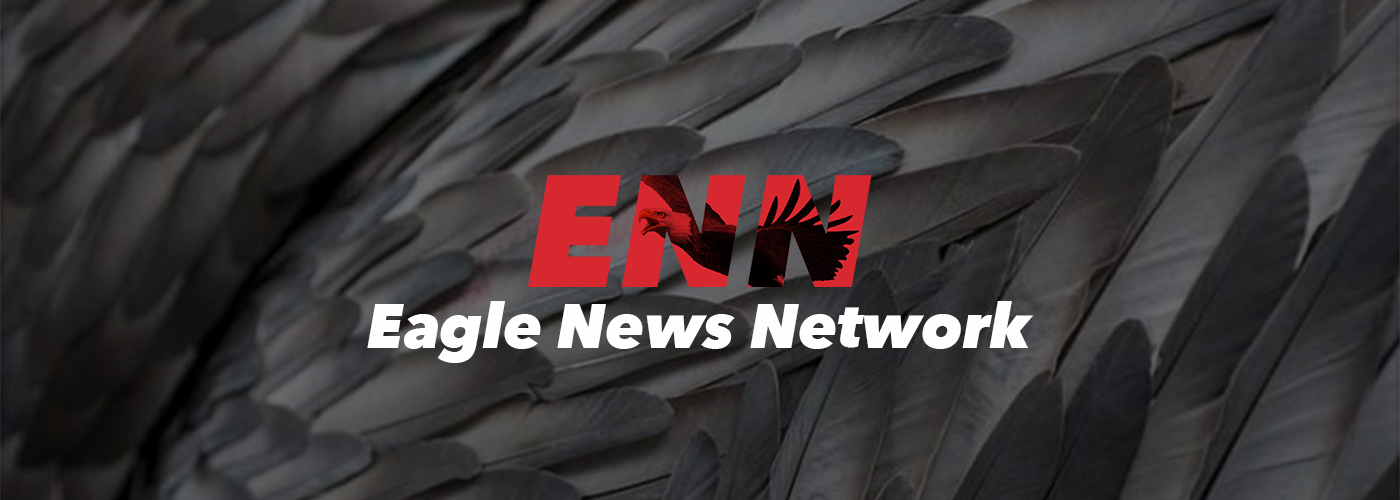With many upcoming changes approaching the next school year, Capstone classes are one of the more obscure additions. One might wonder, “What is a capstone and why is it important?” when faced with scheduling their new classes. District-wide Capstone Coordinator Ethan Dado explains, “A pathway is designed for students to discover, explore, and pursue topics that they are interested in, learning more about and then gaining skills and knowledge within that specific area.” There are five main pathways: business and management, communication arts, human and public services, engineering, technology and manufacturing, and natural and applied sciences. Younger students start their pathway as early as kindergarten through the “Discovery” program, which offers a six-week course where students identify an area of interest and work towards creating an authentic product or service. In middle school, a patented “Exploratory Program” encourages students to take classes in one of the five pathways and figure out what they prefer. EPHS takes this overall education program one step further with the introduction of capstone classes for each pathway.

To complete a pathway, students are required to take ten credits (including the capstone course for that pathway), which may include participating in extracurricular activities related to that specific pathway. Each pathway has a list of supporting courses that can be taken to earn credit.
But what makes pathways worth it? Science Research and Design Capstone advisor Jayson Sandeen answers, “I think working on a pathway and then completing a capstone is great for students that can work independently,” later continuing, “I think that the Capstone gives them that opportunity to to investigate something deeply and really, really make it personalized.” Completed pathways are visible on high school transcripts, which can help our students stand out among others. Capstone classes in particular tend to be smaller, allowing students to dive deeper into their interests. This also allows students to have adult mentors in fields they are interested in, further enriching their overall experience. On the topic of obtaining college acceptance and post-high school occupations, Dado comments: “It’s a lot more based on what experiences you have. And through these pathway programs, we provide these authentic purposes, tasks, and resources that really set students up for success.”



